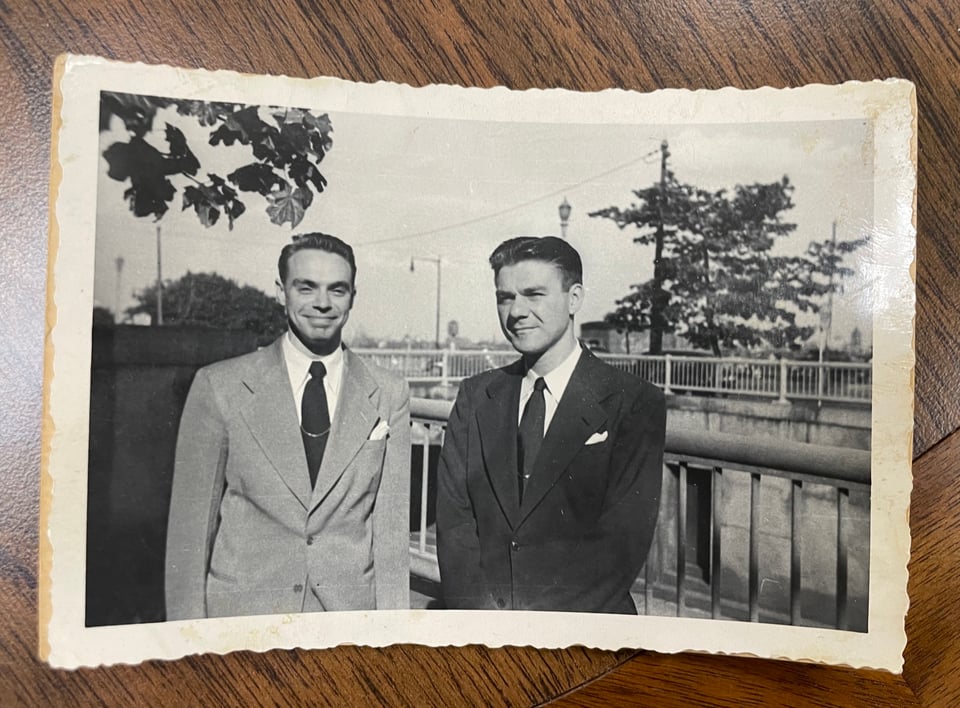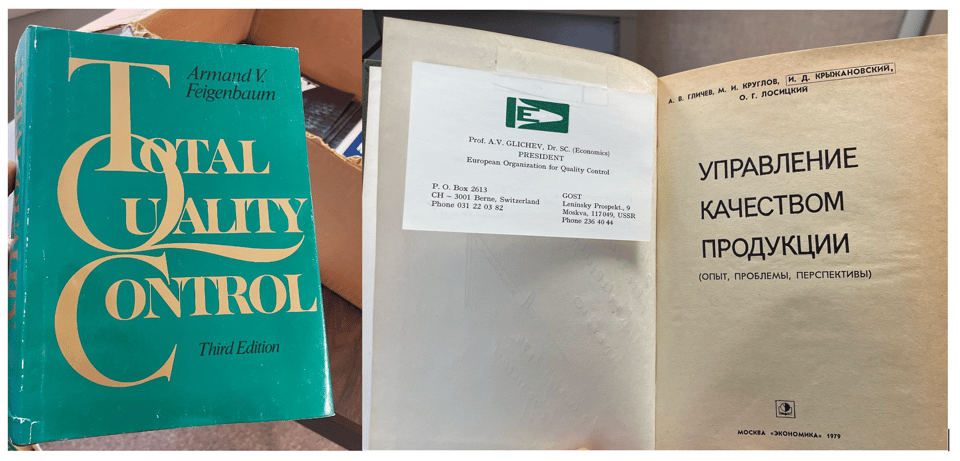What Wealth Owes to the Rest of Us - #8
The Feigenbaum brothers built an empire in management consulting and gave nearly all of it back to the Berkshires. Their business valued responsibility, craftsmanship, and long-term thinking — ideals now comically out of fashion. It's a story about what it means to owe something to the places and people that shape us.

Earlier this spring I wrote a piece for The B magazine about the brothers behind the Feigenbaum Foundation, a nonprofit that funds nearly every arts and cultural institution in the Berkshires, as well as a growing number of social service ones too. It focused on the brothers and their work and mission, but I kept thinking there was another story there about a singular moment in business history. An honest understanding of capitalism and concepts like craftsmanship and responsibility that used to matter but are being stripped away with the same speed and absurdity as the steel panels flying off a Cybertruck on the highway.
In reporting this piece I dug through their archives and talked to folks that knew them, and found there was a lot more to say than what fit in the piece. The boys grew up in Pittsfield through the worst years of the Depression, raised mostly by a single mother who nurtured their loves of the arts and culture. With few opportunities, available to a bright kid from humble beginnings, older brother Armand went to work as a machinist apprentice for GE in Schenectady, where he somehow showed enough promise as a knowledge worker that the company paid for him to go to Union College. The company then paid to send him for graduate work at MIT, where his graduate thesis would become a watershed text in the the field of management theory. He put his younger brother Donald through school — also Union — and he too went into management. Both worked their way up their respective ladders, Armand at GE in New York and Don for various companies in the Midwest. In the 1960s, at the height of their careers, they decided ot move home and open their own consulting business. According to legend, they landed their first client, Volvo, the morning they set up shop. It grew into a multimillion dollar a year business, occupying nearly a whole floor of the Park Place in Pittsfield. Armand was the big-picture guy, traveling the world and wooing with clients, while Don was the stay-at-home manager who was the firm’s face in the Berkshires.
At first glance, it’s hard to see what made them so sought-after. A long-running exhibit at the Berkshire Museum, where they were major benefactors, featured a lot of vague talk about “innovation” and “quality.” In practice what they offered was another set of eyes, an analysis of operations and alternatives that was big on making sure companies worked from top to bottom and had a clear understanding of their goals — specifically delivering quality products to clients. There was nothing postmodern or trendy about it — no pop psychology or leadership coaching — and certainly not mere cost-cutting and efficiency maximizing for quarter over quarter gains. They had clients all over the world, but if you choose to read into it, you might note that they seemed popular in Europe and Japan.

It was as quaint and wholesome as a side exhibit at EPCOT or Tomorrowland, an optimistic, orderly vision of industry and progress. The dominant strain of Keynesian liberalism made the U.S. the richest and most fearsomely powerful nation state in history. But greed has a way of setting its own terms, and capitalist extremism has become the ideological force rotting the system from within — leaving behind a husk of capital extraction, hoarding, and obscene extremes of wealth and poverty.
If you stop making things, it doesn’t matter whether you can make them better. Influencer hype and elaborate schemes to steal from each other are more profitable. Social bonds and responsibilities replaced by a web of Ponzi schemes under an authoritarian patronage system run by flunkeys and morons that will leave most of us poor, sick, and desperate. I wonder what they would have made of NFTs and crypto and the “my morning routine” hustlecore grindset.
Neither brother had a family when they passed away within a year of each other in the early 2010s. They left their entire estate to become a Foundation that distributes about $4 million to nonprofits around the region. There are two buildings named after them at Union, but more than that, the new science center at MCLA is also named after them. This money matters in a small place. Philanthropy in modern life is often a depressing kind of narcissism often more about ego and tax avoidance than generosity. It is almost impossible to remember it can also be about being decent enough to notice the obligation you have to return the good luck and good will that came to you.
There is a long overdue and difficult conversation this country is going to have about wealth and class but that’s for another time, likely sooner than expected as everything gets nasty with pointless trade wars. As a writer I often sympathize with the people I write about, and it’s great when they are worth it. There is an old belief that you die a second time the last time anyone remembers your name, and I’m happy to have done a small part in keeping their memory alive a little longer. Their memory is a blessing, and that’s no small thing.